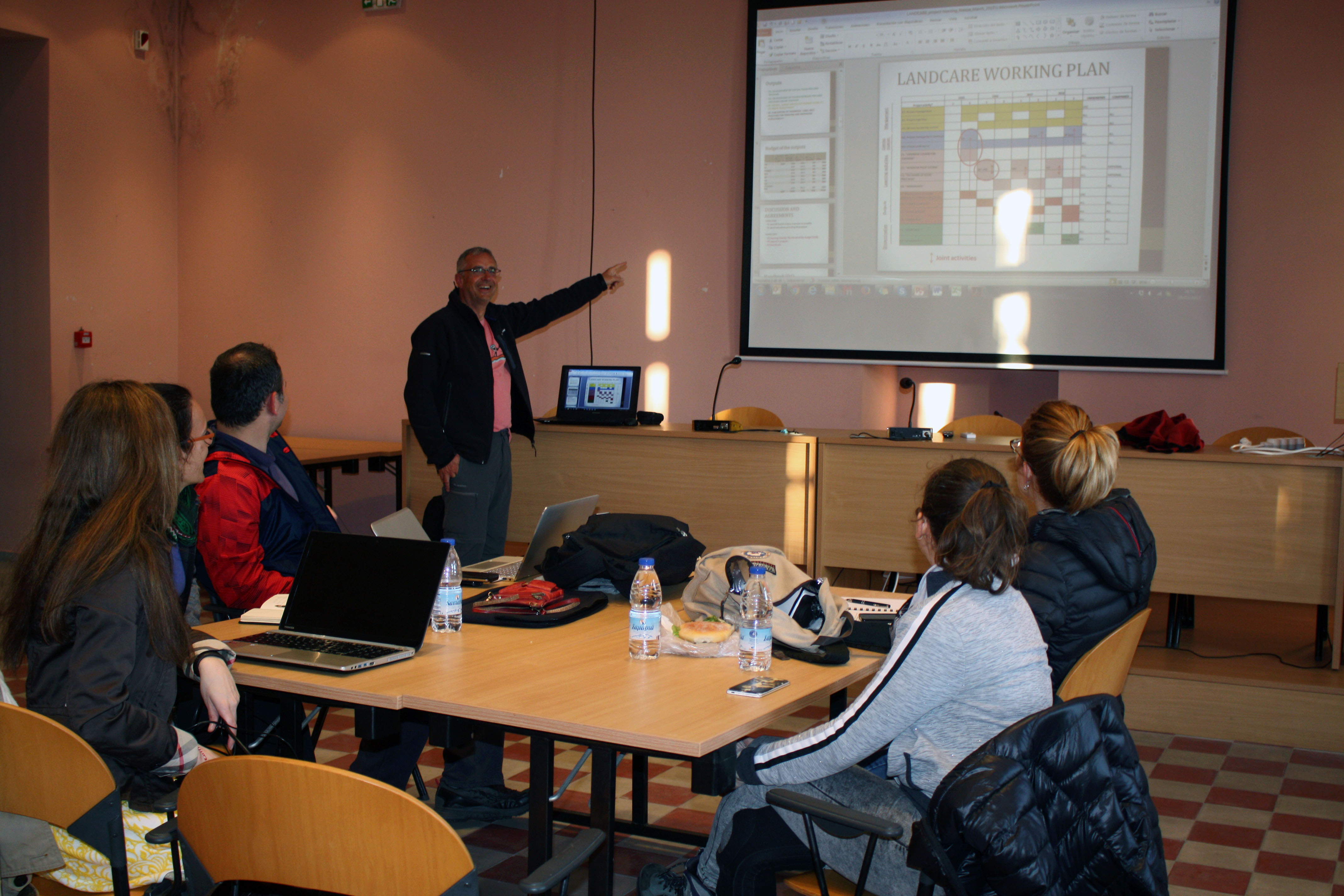
IMPACT: 26 attendants
The trainers of this activity were teaching staff of the USC and CESGA specialized in Information and Communication Technologies. The course benefited from the use of facilities with adequate means. This course was recognized by the "Training and Teaching Innovation Program" (Programa de Formación e Innovacion Docente) at the USC and, therefore, the attendant obtained a certificate including the contents and hours of learning.
The purpose of this course was to clarify and substantiate the concepts of personal learning environments and networks. During this training the participants: a) received comprehensive understanding of personal learning environments and networks and other virtual tools. b) designed educative materials for independent learning in different areas of knowledge, such as: design of pathways for learning on specific theoretical topics, practical skills on applied issues and employment and enterpreneurship c) Implemented a plan of virtual training of new technological educative tools. This allowed teachers to be more active in their learning process and learn how to create shared understanding.

Learning innovative teaching approaches; December 2015, Santiago de Compostela, Spain
EXCHANGE OF BEST PRACTICES: JOINT SHORT-TERM TRAINING EVENTS FOR STAFF

Good practices on soil rehabilitation after wildfire; December 2015, Santiago de Compostela, Spain

Good practices on wetland rehabilitation; April 2016, Lugo, Spain



Good practices on Coastal Rehabilitation; March 2017, Naxos, Greece

Good Practices on Wetland Rehabilitation - March 2018, Pisa, Italy
Good Practices on Pedagogical Approaches: Learning Innovative Tools (MOOC) - July 2018, Santiago de Compostela, Spain
Educational possibilities of Restored Mines - July 2018, As Pontes de Garcia Rodriguez, Spain


